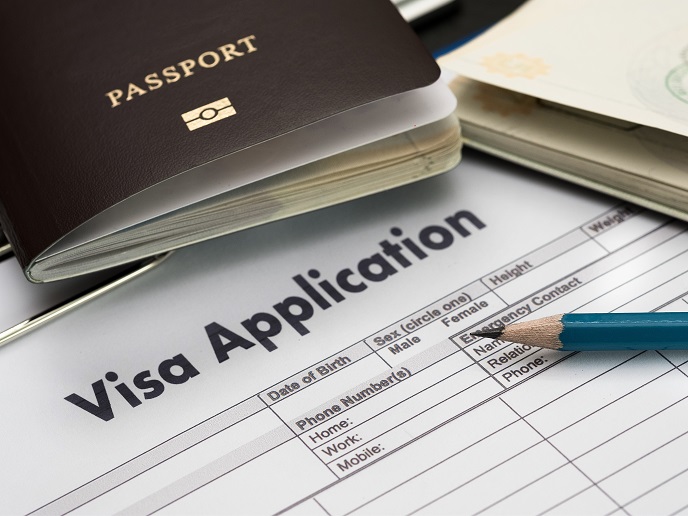Ensuring principled migration policies are put into practice
Since the refugee crisis of 2015, the situation in the Mediterranean Sea has not only been disastrous for thousands of people fleeing war, but according to many migration experts, has also had a profound, negative impact on the quality of European policymaking. “We felt that norms were fading in Europe, caused by a debate that focused only on stopping migration at any costs, while maintaining human rights standards seemed forgotten,” explains ADMIGOV(opens in new window) (Advancing Alternative Migration Governance) project coordinator Anja van Heelsum from the University of Amsterdam(opens in new window) in the Netherlands. “We found this to be highly problematic. At the same time, UN standards provide a suitable policy framework to avoid such decline.”
Problematic aspects of migration governance
The key objectives of the EU-funded ADMIGOV project were firstly to understand problematic aspects of migration governance on the ground, and secondly to develop a comprehensive tool to evaluate ‘good’ migration governance, meaning practice that is in line with current UN standards. The starting points for this were two key UN documents: the Sustainable Development Goal 10.7(opens in new window) and the New York Declaration for Refugees and Migrants(opens in new window). The project next examined key moments and places where migration governance intervenes – such as entry and exit points – focusing in particular on problematic situations. “We worked in nine countries within Europe and six outside Europe,” says van Heelsum. “For example, we investigated refugee reception in Greece, Lebanon and Turkey.” Interviews with migrants, NGO workers and local government officials made clear that the living conditions for refugees in Turkey and Lebanon were a key driver in them moving onwards to Greece. Afghans in Turkey also had very little chance of gaining refugee status, and ran a high risk of being deported.
Combining case studies with UN principles
The next step was to combine findings from these migration case studies with insights into the two identified key UN principles. This resulted in a set of questions that the team used as a tool to evaluate good migration governance. “Country experts fill in these questions for a specific country,” explains van Heelsum. “This results in an overall score, but also gives scores per field or principle. The aim is to enable governments to identify specific aspects of migration policies where improvements are needed.” A central conclusion from all this work was that major policy gaps exist when it comes to addressing the needs of refugees and migrants. “We found them in all fields studied,” adds van Heelsum. “The relationship between the UN principles and actual practices on the ground was nearly always problematic.” Particularly serious were gaps in implementing principles of protection(opens in new window) with regard to migrants moving towards Europe, as well as the reception of refugees in Greece, Lebanon and Turkey. The project team also found that not enough investment is made in the kind of sustainable development that would help to reduce the phenomenon of irregular migration. Instead, a current focus on deportation leads to an inefficient use of resources.
Tools to improve migration policy
Van Heelsum and her team of 54 researchers have since published a range of policy briefs(opens in new window) and recommendations on the situation of refugees in Lebanon and Turkey and all aspects of immigration studied in the project. The team has also developed a tool(opens in new window) that national governments can use to examine and improve migration policies. “We hope that policymakers will read our findings, and realise that implementing UN standards will help Europe to maintain an acceptable standard of human rights internally,” remarks van Heelsum. “Secondly, policymakers should realise that migration towards Europe will not stop, unless the situation of migrants outside Europe improves.” At the UN level, van Heelsum and her team hope that the project’s indicators will be used to evaluate the Global Compact for Migration(opens in new window), and that more countries will continue to use the tool to evaluate migration governance. “Facilitating orderly, safe and responsible migration is important for society, because it relates to a better implementation of basic human rights of people all over the world,” she adds.







